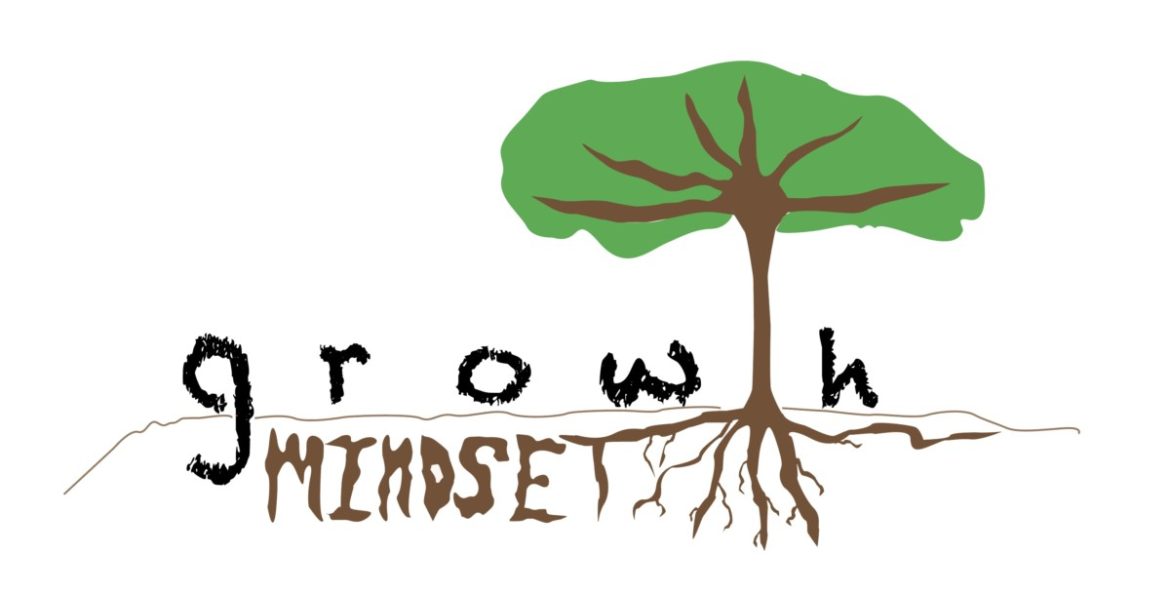Cece Easley, Reporter
@Virginiaeas
Growth Mindset is a mentality utilized at the high school to promote learning and improving from mistakes, as well as embracing challenges in the classroom. Different teachers have varying approaches to implementing this style of teaching, and some teachers prefer the traditional approach to learning.
English teacher, Arri Weeks has a multitude of different classes, and uses the growth mindset for all students. Ms. Weeks views the mindset as an opportunity. “Students can engage with the learning process and focus on learning instead of a transactional grade that they get,” Ms. Weeks said. “It is acknowledging the effort they put in, but also learning how to learn.”
Ms. Weeks uses this teaching style for her classes in an attempt to foster adaptability. “It allows every student the opportunity to grow,” She said. “Our brains can all make new synapses and connections, so as humans we have that ability.”
Senior Jackson Easley has relied on the growth mindset to aid his classroom learning. “The growth mindset is the foundation to my success in school,” he said. “The mindset and attitude that are developed from consistent use of the growth mindset can be seen in my effort in each class.”
For her honors and advanced placement classes, Ms. Weeks emphasizes the importance of self-challenging. “Often students have been doing the same thing, which has yielded great results, and they are getting A’s,” Ms. Weeks said. “How are they going to grow? I sometimes say, ‘let’s break the formula. You’ve used this formula because it’s always churned out A’s’. Let’s try something new, a different writing style, a different structure, new ideas about the book. Those are the things that you should be doing to grow.”
Math teacher, Kathryn Marhefki, teaches a range of math levels including AP Calculus BC. “A growth mindset looks like a shift in thinking. Instead of thinking, ‘I’m bad at math’ the mindset changes to ‘how I can improve on this concept and what are my actions to work through this challenge?’”
Ms. Marhefki’s teaching style includes accepting errors. “The growth mindset is realizing that it is okay to make mistakes so long as you learn from them,” Ms. Marhefki said. “In my classroom I encourage this by having students who are struggling complete error analyses to classify mistakes as careless, procedural or conceptual and then using this information to work on test taking skills or study habits,” Ms. Marhefki said.
Junior Julia Paine, a student in Ms. Marhefki’s class, has witnessed and used the growth mindset in that environment. “In Ms. Marhefkis AP Calc BC class, I have really benefited from decreased stress levels due to her growth mindset principles. We have a flipped classroom format, where the homework is never more than 20 minutes and always consists of videos on topics we are learning.”
Although not all classes use the growth mindset, students like Julia prefer this learning style, especially for higher level classes. “Having this format within the class and having a much smaller homework load compared to all of my other AP classes, I have found math this year much more manageable and enjoyable.”
An adaptive mindset is one of the most important things that can be taught in math because it is a universal skill that can be applied to all content areas and jobs. “We can foster this idea by encouraging students to try different approaches,” Ms. Marhefki said. “Knowing that you can solve problems in multiple ways means that you start a problem by analyzing what you know, what you don’t know and then using that information to develop a plan.”
Ms. Marhefki recommends that students struggling with math reframe their thinking and mindset to grow. “The first step is to be kind to yourself. No one is expecting you to get everything perfect on the first attempt,” she said. “You actually learn more by making mistakes than someone who gets everything right the first time.”
Focusing on learning and growth has been preferable to other teaching and learning tactics. “I believe that the growth mindset classrooms are much more manageable and enjoyable for me personally,” Julia said. “The homework load is less stressful, and my grades are improving in the classes that offer a growth mindset format.”




